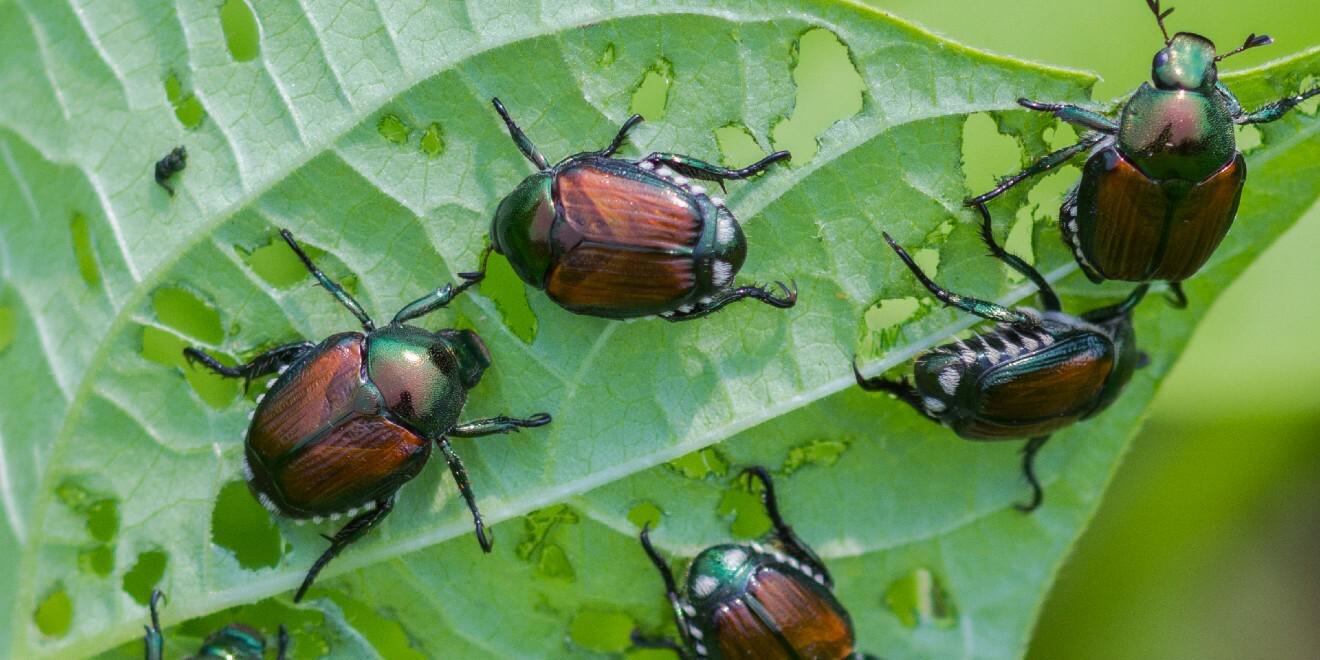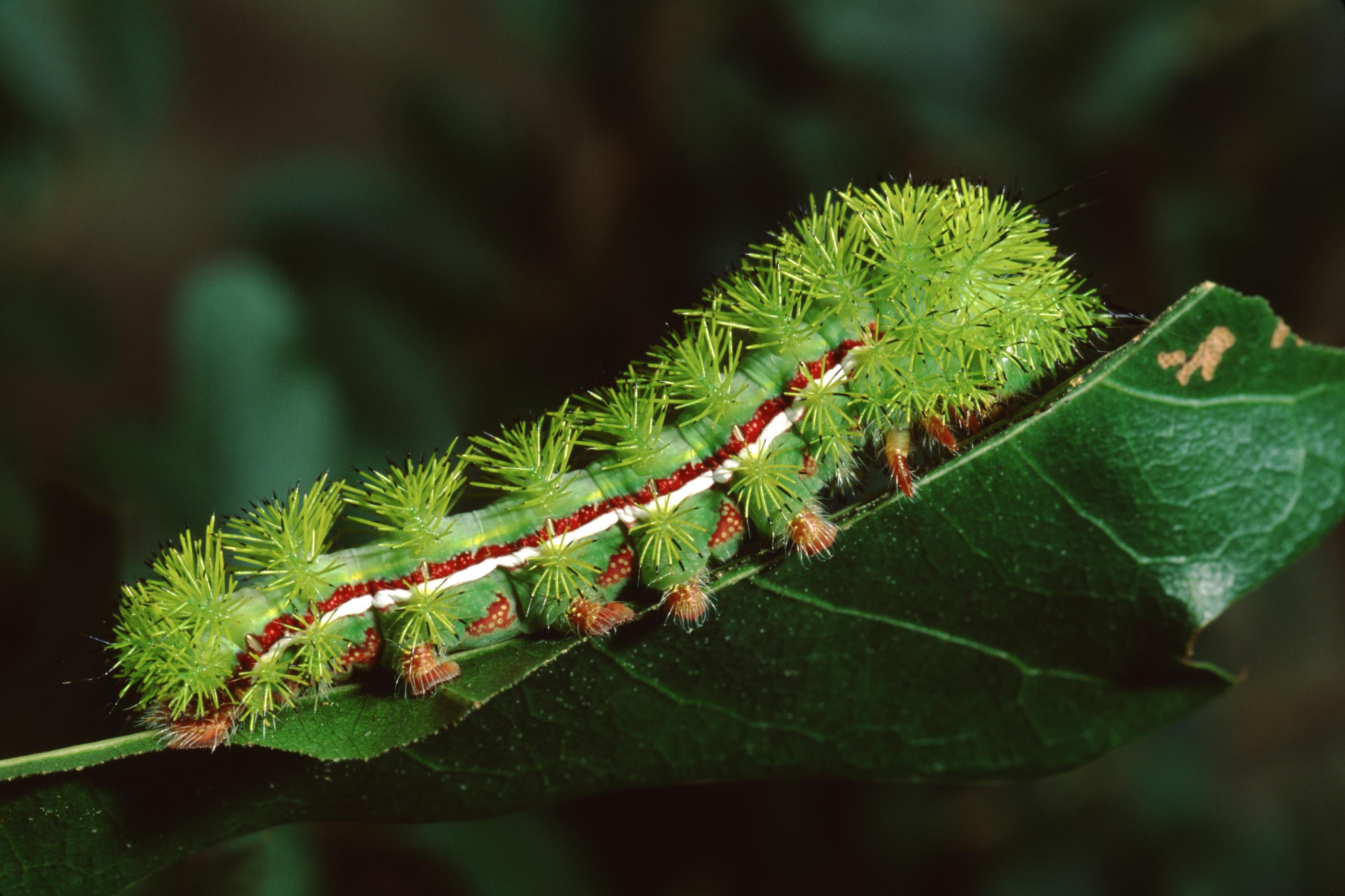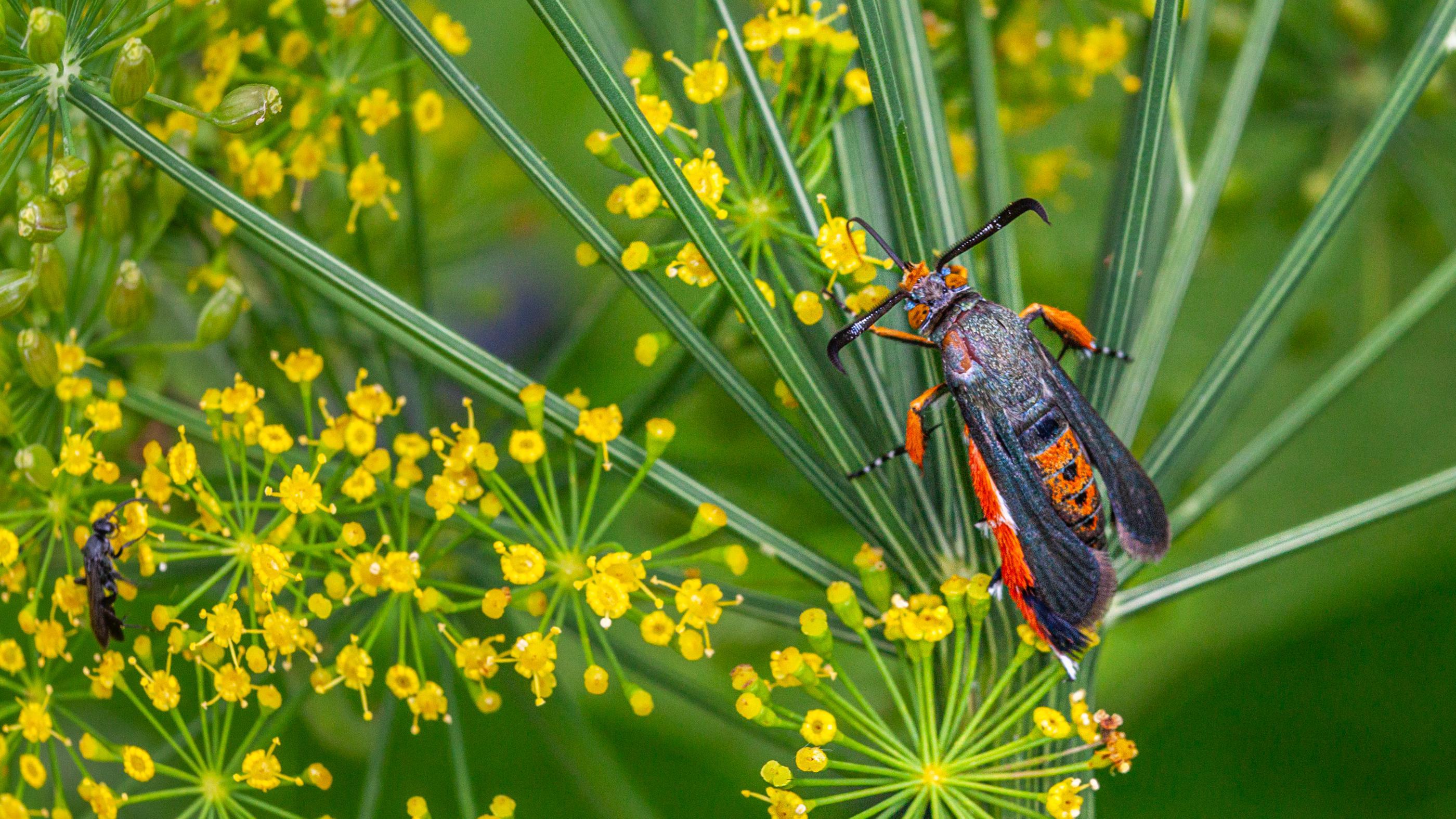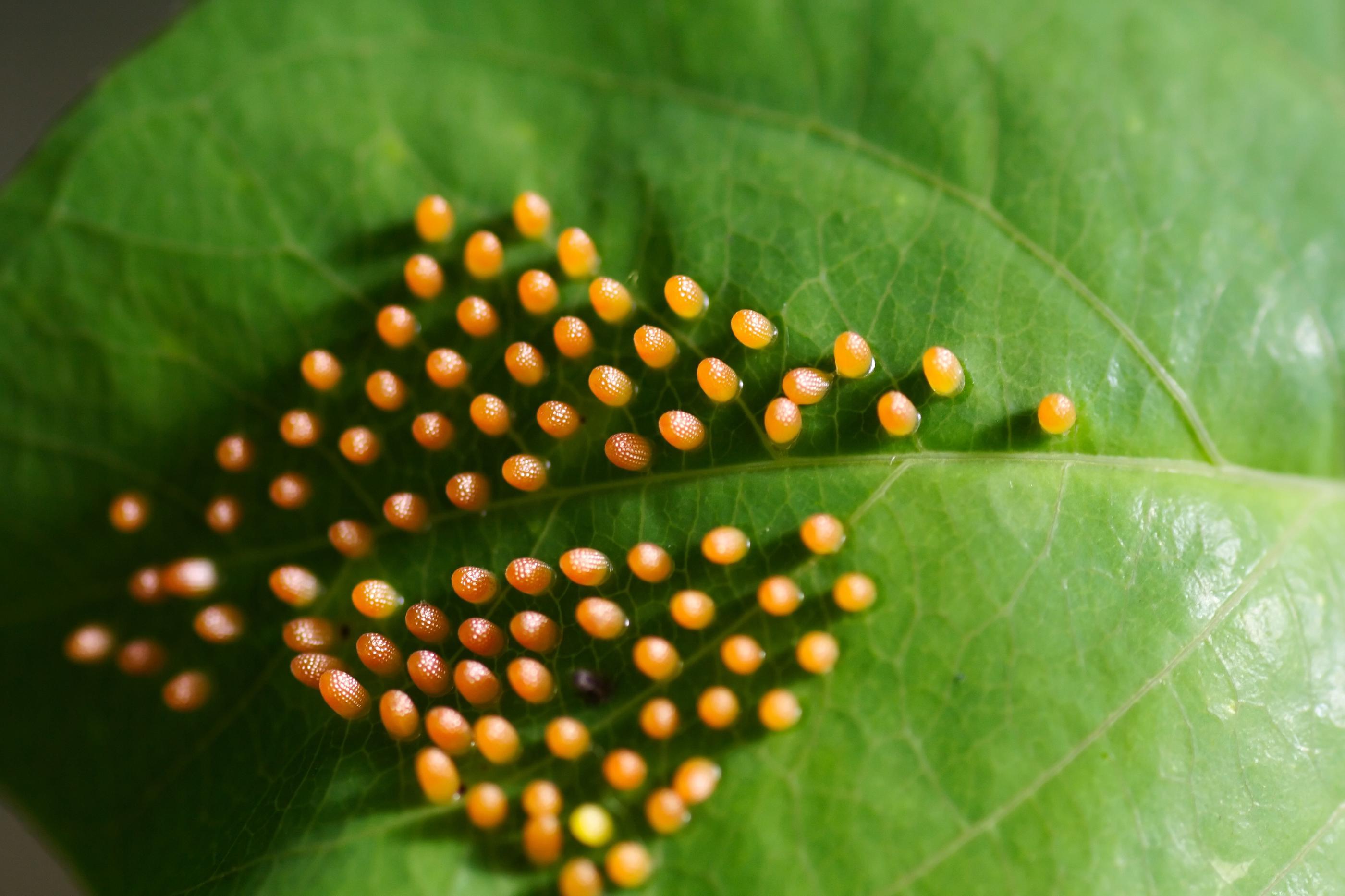Could science make us invisible to mosquitoes?
Posted by Mosquito Squad
December 20, 2023
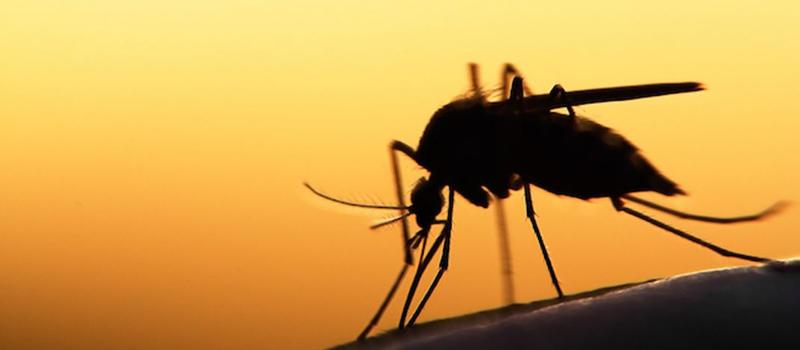
As a child, you might have dreamed of having an invisibility cloak that would allow you to move around unseen. Could science be on the verge of making us effectively invisible to mosquitoes?
We have known since the 1930’s that the Aedes aegypti mosquito prefers people, who wear dark-colored clothing. Even still, we have not really understood the mechanism that drives female mosquitoes to that attraction. Using light, the Aedes aegypti mosquito will seek high-contrast in that light versus dark colors. They will target the dark spot. As they approach the target, they will use other senses to detect carbon dioxide, heat, and odors that might be emitting from the target to determine whether it is a good host. That is, if they have warm blood on which to feed.
How might Tiverton mosquito control eventually be aided by this new use of CRISPR/Cas9 gene editing in mosquitoes?
CRISPR gene editing technology has been used already to make male mosquitoes unable to fertilize eggs. These GMO mosquitoes were first released for field studies in Florida in May 2021. Now another first is occurring in the study of genetically modified mosquitoes – can we make them unable to visually target us without disrupting the ecosystem? The paramount argument being made by those, who do not support gene editing mosquitoes, is what effect it will have on the world’s ecosystem. How might huge reductions in the number of mosquitoes affect the animals, who feed on them? How might having less of those animals affect the animals, which feed on them? Yinpeng Zhan, researcher at the University of California, Santa Barbara, says, “The better we understand how they sense the human, the better we can control the mosquito in an eco-friendly manner.”
How were mosquitoes’ vision edited? What was the result?
Dr. Zhan used a simple scientific set-up, which contained a large white dot and a contrasting large black dot. She first identified that the mosquitoes were immediately drawn to the black dot once carbon dioxide was released into the test cage. After identifying five specific proteins that are expressed in the mosquitoes’ eyes to aid light sensing, she eventually found that it would be necessary to eliminate two of the proteins to produce the desired effect. Op1 and Op2 proteins were eliminated by a gene editing process, and the mutation was injected into thousands of mosquito eggs. Once those eggs became adult female mosquitoes, they were released into the test area with the contrasting black and white dots. Once carbon dioxide was released into the area, the mosquitoes flew aimlessly, unable to visually identify the black dot, which they had previously immediately flown to. And while the mosquitoes were unable to detect dark versus light, they were not rendered blind by the mutation. All test mosquitoes maintained normal phototaxis, or reaction to light. They also exhibited typical carbon dioxide and odor-sensing abilities.
Trust Mosquito Squad of Rhode Island for your Tiverton mosquito control – and tick control too! Call us today at (401) 825-0110 to schedule your mosquito barrier protection treatment.


